Lesson 49 - By bus/taxi/train
You have learned that the particle de shows where an activity is taking place. De also has a different purpose-- to show the means of transportation. The means of transportation always go in front of the verb. For example, in the sentence "I go to school by bus", you would say Gakkou ni BASU de ikimasu. (BASUmeans bus). This is a very easy concept to go by, so now let's take some time to learn some transportation words.
TAKUSHII means taxi. You already know kuruma is car, and jitensha is bicycle. SUKEETO are skates and conversely, SUKEETO BOODO is skateboard. Densha is train, chikatetsu is the subway, hikouki is an airplane, and fune is a boat or ship.
Let's have a small talk between Ami and Junji.
Ami: Junji kun, koko ni nan de kimashita ka.
Junji: TAKUSHII de kimashita. Takakatta desu ne.
Ami: Hai, totemo takai. Watashi wa jitensha de kimashita. Benri deshita.
Junji: Sou desu ka. Senshuu chuugoku ni hikouki de ikimashita.
Ami: Watashi wa chuugoku kara fune de kimashita.
Junji: Nara ni chikatetsu de ikimasu.
Ami: Watashi mo.
In here, Ami asks "Junji, how did you come here?" Junji replies that he came by taxi and that it was expensive. Ami replies it is very expensive. She says "I came by bicycle. It was convenient." Junji says "Last week I went to China on a plane." Ami replies that she came from China by boat. Junji says that he goes to Nara on the subway and Ami replies that she does too.
Vocabulary Review
バス BASU- bus
タクシー TAKUSHII- taxi
自転車 Jitensha- bicycle
スケート SUKEETO- skates
スケートボード SUKEETO BOODO- skateboard
電車 Densha- train
地下鉄 Chikatetsu- subway
飛行機 Hikouki- airplane
船 Fune- boat
